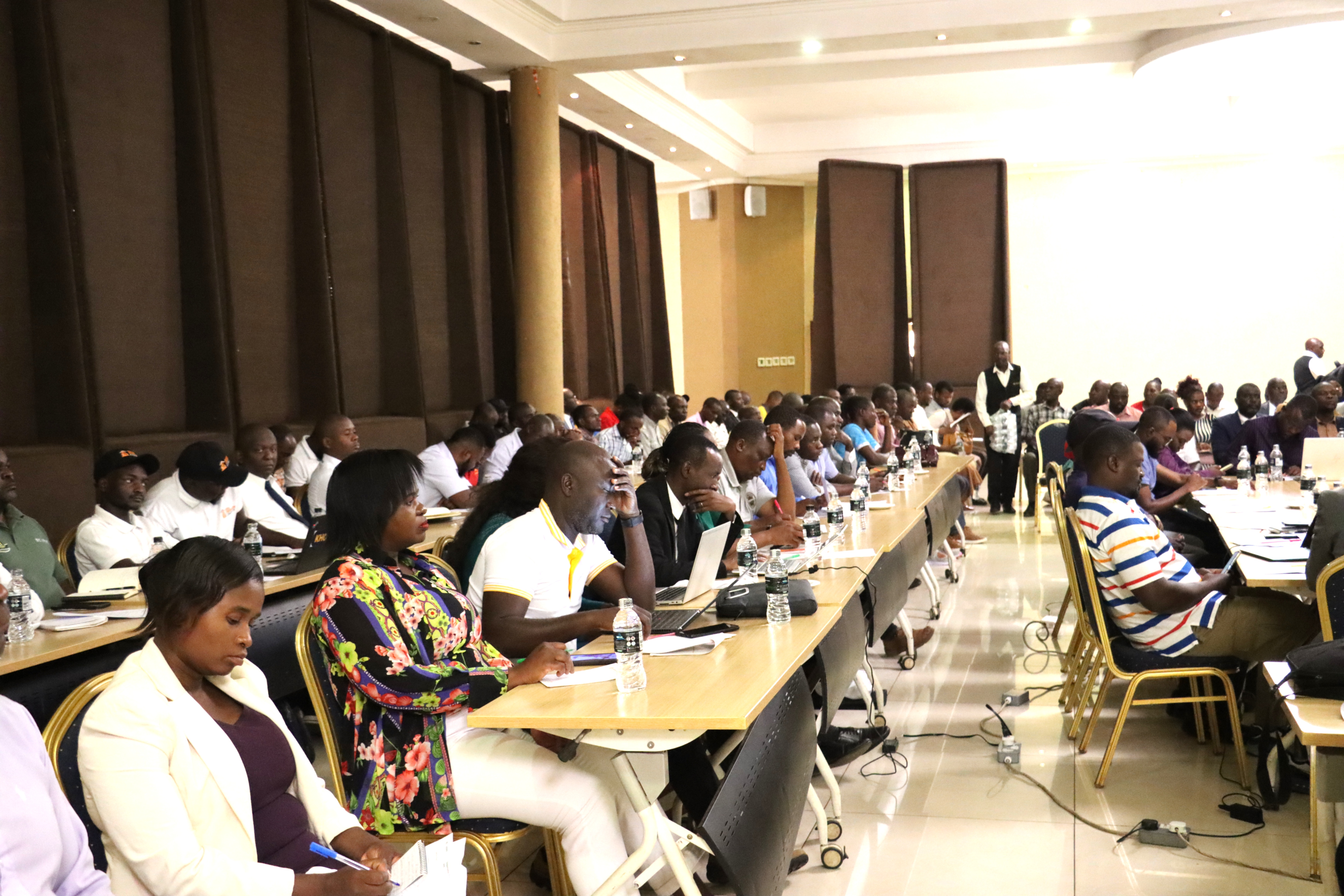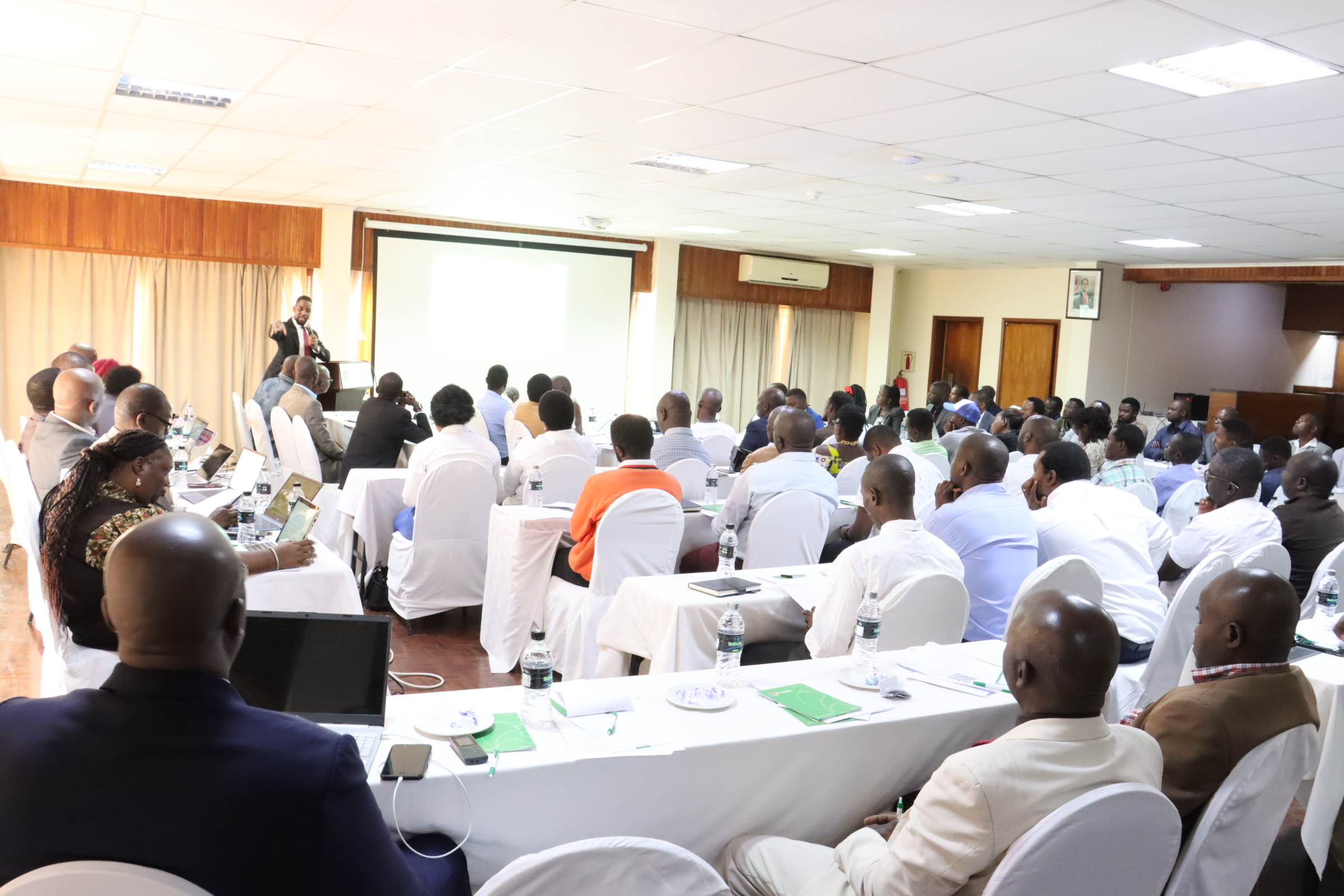NCIC embarks on career guidance for girl students
The National Construction Industry Council (NCIC), a body established by an Act of Parliament in 1996 (Cap 53:05 of the Laws of Malawi), is mandated to Regulate, Promote and Develop the Construction Industry in Malawi. Among the several issues that the Council is actively dealing with in order to create an enabling environment for a sustainable and internationally competitive construction industry is the capacity of local players including other cross cutting issues including gender mainstreaming.
In a bid to ensure greater participation of women and the youth in the Construction Industry, the National Construction Industry Council (NCIC) has embarked on career guidance to motivate female students to go on and study construction-related programmes at tertiary level. This is in line with the Council’s five year Strategic Plan which, among its objectives, seeks to increase participation of women and youth in the construction industry by narrowing the gap between male and female professionals and changing the perception that the industry is a male domain.
Through this initiative, the Council has already reached out to twenty three schools and a total of 5,159 girl students in all the regions of Malawi. The career guidance talks are conducted through use of role models that are professional women in the industry. These role models include women working as civil engineers, architects, and quantity surveyors who are identified through their professional boards.
Among other things the role models encourage the girl student to take up and put effort in science subjects which will help them meet entry requirements into various construction related programmes at tertiary level. The guidance sessions gives opportunity to the role models to explain the nature of the work that they do and their career path. On the other hand the students seek guidance on various aspects including what they perceive as barriers to entry into the industry.
According to the Chief Executive Officer of NCIC, Linda Phiri, the Council is geared to deal with the misconception among women and girls that construction and technical jobs are exclusively for men. She further lamented that such misconceptions have been the cause of gender imbalance in the industry. She went on to indicate that her organization has devised strategies that seek to increase women and youth participation in the construction industry by up to 40% by the year 2023.




